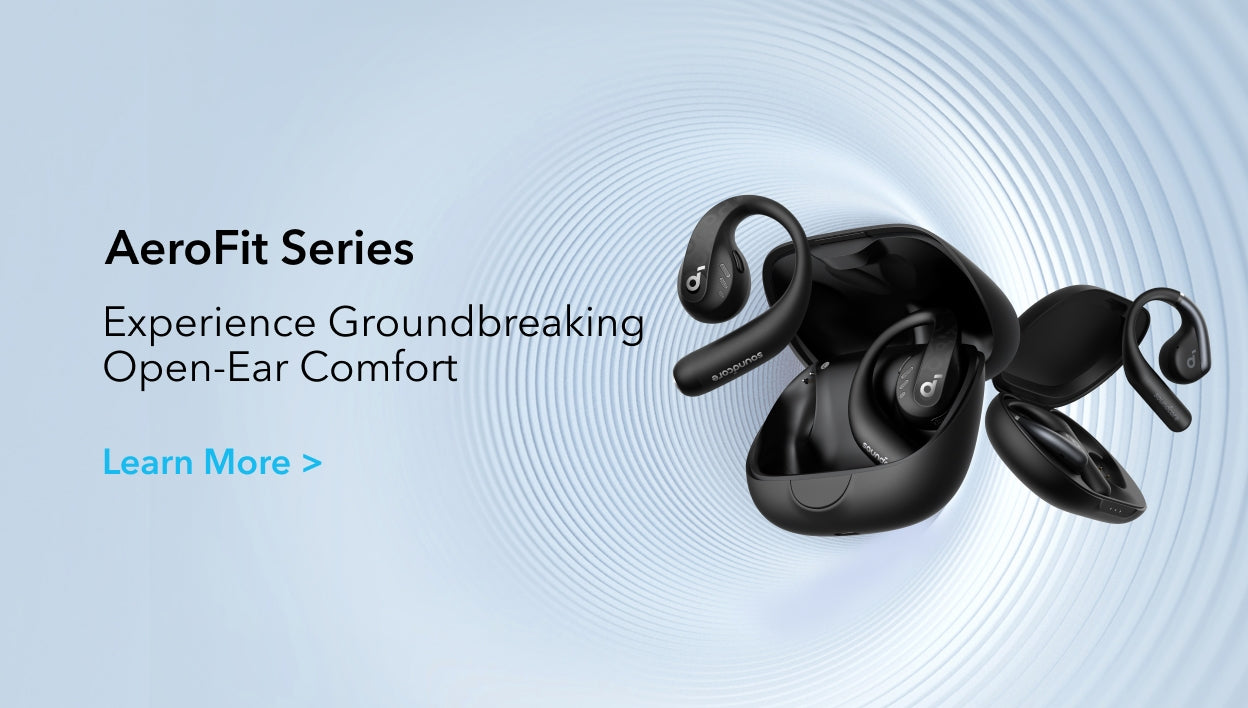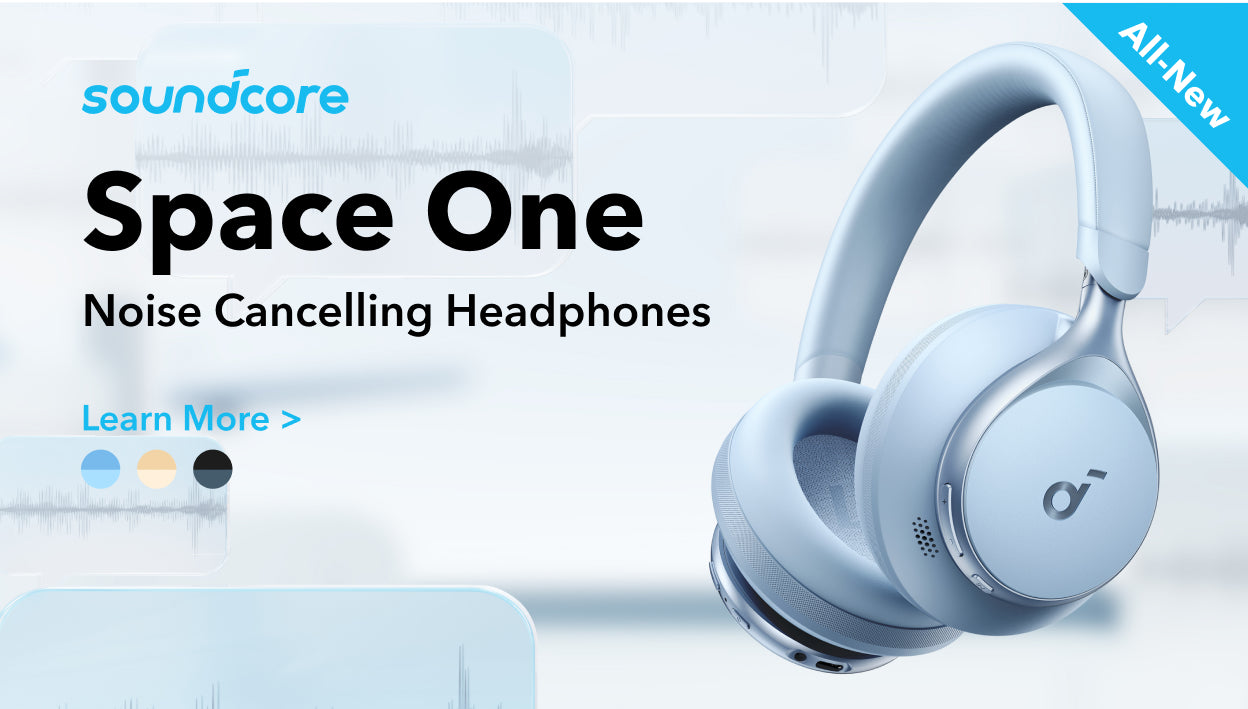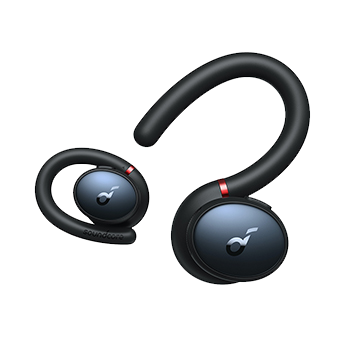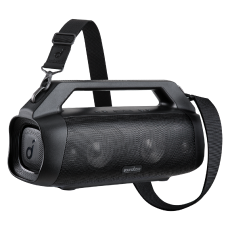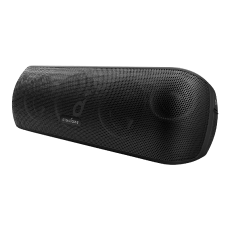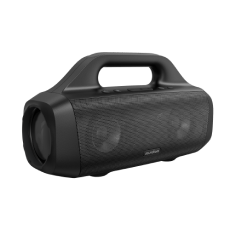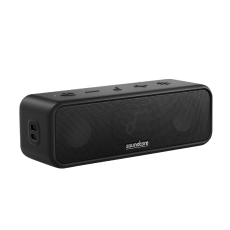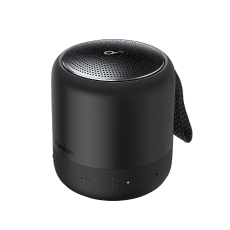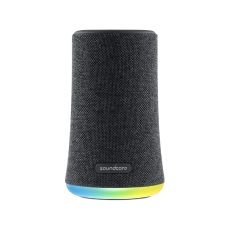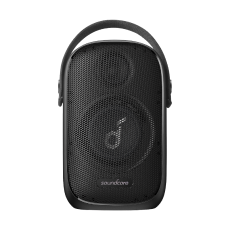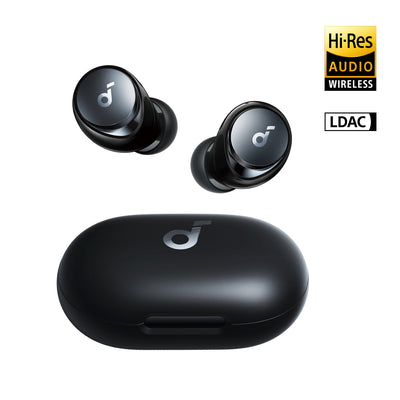Noise-cancelling headphones are now widely used, raising health concerns. Indeed, good noise-cancelling headphones are a pleasant escape in a busy environment. Sometimes, blocking out all the unwanted disruptions of daily life feels so fantastic.
You might have contemplated getting headphones with noise cancellation to end the daily struggle between your headphones and the sounds around you. However, people who have experienced the negative effects of noise-cancelling headphones disagree. These experiences raise concerns about noise-cancelling safety and usage limits.
Before deciding on whether noise cancelling is safe or not, let's get to know how a noise-cancelling headphone works first. And read below for some of the concerns regarding noise-cancelling headphones.
How Do Noise-Cancelling Headphones Work?
Passive noise cancellation (PNC) or active noise cancellation (ANC) is used in headphones. To understand how they work, read the following part.

Passive Noise Cancellation
Most headphones use passive noise cancellation (PNC). Over-ear and circumaural PNC headphones soundproof the ears by utilizing certain materials. The sealed ear cups on PNC headphones prevent sound from seeping out or coming in, while memory foam reduces annoying sounds.
For short-term high-frequency noises like sirens, barking dogs, screaming children, honking cars, etc., PNC headphones are ideal. However, since PNC headphones just physically filter out external noise rather than cancelling it, a more suitable name would be "noise-isolating" headphones.
Active Noise Cancellation
Active noise cancellation (ANC) is a technology that uses electricity to cancel out surrounding sound. ANC starts with a small microphone sampling the background noises in your surroundings. For instance, if you're sitting in a noisy coffee shop, the microphone will pick up the sound waves produced by the ambient sounds of the busy coffee shop. These sound waves are actually pressured waves that travel at a given frequency through the air.
The sampled audio is then transmitted into the battery-powered noise-cancelling system in the headphones by the microphone. The system then inverts it, generating the inverse signal of the original. Finally, the opposite signal is played back over the headphones.
In a nutshell, ANC headphones emit frequencies that cancel out the background noises around you. All these extra processes and smart technology make ANC headphones better at reducing noise than PNC headphones. However, the overall headphones' quality depends on how well their internal systems are built and integrated.
Is Noise Cancelling Safe?
Noise-cancelling headphones are safe. ANC was created to protect pilots' hearing from plane engine noise. Noise-cancelling headphones can prevent hearing loss and reduce noise-related stress. With ANC, noise is decreased, music is clearer, and the user no longer needs to crank up the volume.

This is especially crucial for those with sensitive hearing and children, who are more susceptible to hearing problems if they are constantly exposed to noise. And that is why noise-cancelling headphones for kids and other hearing protection features, such as volume limiters exist.
In addition, noise-cancelling headphones reduce the stress caused by outside noise. This tension or stress can bring on high blood pressure, gastritis, and headaches. So, using noise-cancelling headphones is a great way to relieve tension and thus be physically healthier.
Some Concerns About Noise-Cancelling Headphones
Despite the obvious advantages of noise-cancelling headphones, many individuals aren't aware of or mistakenly believe that noise-cancelling headphones are harmful. Let's go over some of the most common misconceptions about noise-cancelling headphones.
Pressure on the Ears
Common concerns associated with noise-cancelling headphones include jaw pain, migraines, vertigo, and ear pressure. The ear pressure, particularly, is similar to the experience on an ascending flight.
When we take off in a plane, we experience ear pressure due to air density changes inside and outside our ears. When the air density inside your ears is greater, the inner ear vibrates less, causing you to experience low-frequency sounds less.
As we know, noise-cancelling headphones use ANC technology, and we know that ANC headphones filter out low-frequency sounds. Therefore, even if you're merely using noise-cancelling headphones for gaming at home, the brain may perceive a pressure change, leading to headaches and the sensation of pressure in the ears.
Some people have no symptoms while wearing noise-cancelling headphones. Meanwhile, the others can only wear them for a few hours a day before feeling the need to remove them. Regrettably, there is no "treatment" for this. Those who deal with these symptoms have no choice but to purchase PNC headphones.
Tinnitus
Tinnitus is a persistent ringing or buzzing sound in the ears that gets more noticeable when external background noise is lacking. It is a condition that affects people of all ages and can be triggered by anything that harms or interferes with the sensitive internal structures of the ear.
Many people have reported suffering from tinnitus due to using noise-cancelling headphones, although there is no scientific evidence to prove the relation between tinnitus and noise-cancelling headphones. A reasonable theory for the feeling of tinnitus is likely due to the enhanced noise reduction by ANC headphones.
In fact, noise-cancelling headphones are advised for tinnitus sufferers and tinnitus prevention. This is because the effective ambient noise-cancelling feature minimizes the need for wearers to raise the volume of their headphones when in noisy environments, thus preventing or minimizing future tinnitus episodes.
FAQ
Is Noise-cancelling Bad for Your Brain?
Headphones with noise cancellation don't present any danger to your health or brain and can be worn without concern at any time. Because, in contrast to mobile phones, they do not generate low-level radiation, you can use your headphones to filter out background noises, and they will not risk your health or safety in any way.
Is It Bad to Wear Noise-cancelling Headphones All Day?
In most situations, noise-cancelling headphones can be worn similarly to how eyeglasses are used. However, there is evidence that wearing headphones for long periods of time may decrease your capacity to localize sounds.
Is It Better to Have Noise Cancellation On or Off?
It depends on the situation. If you are going to be driving a car or jogging in an area with a lot of people, you should not use the noise-cancelling feature.
Conclusion
In conclusion, both passive and active noise cancellation will not affect your hearing health in any way. You can get soundcore headphones of any series if you want to purchase headphones with noise-cancelling capabilities. Getting a pair of noise-cancelling headphones can help you to filter out noises without risking any damage to your hearing.




